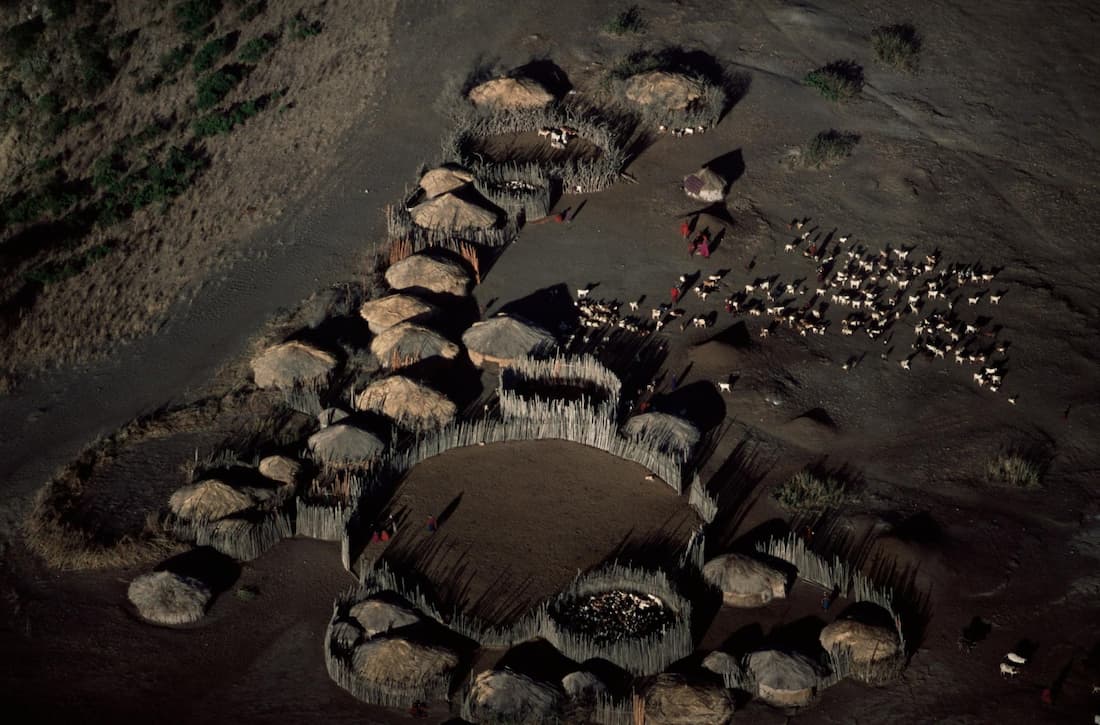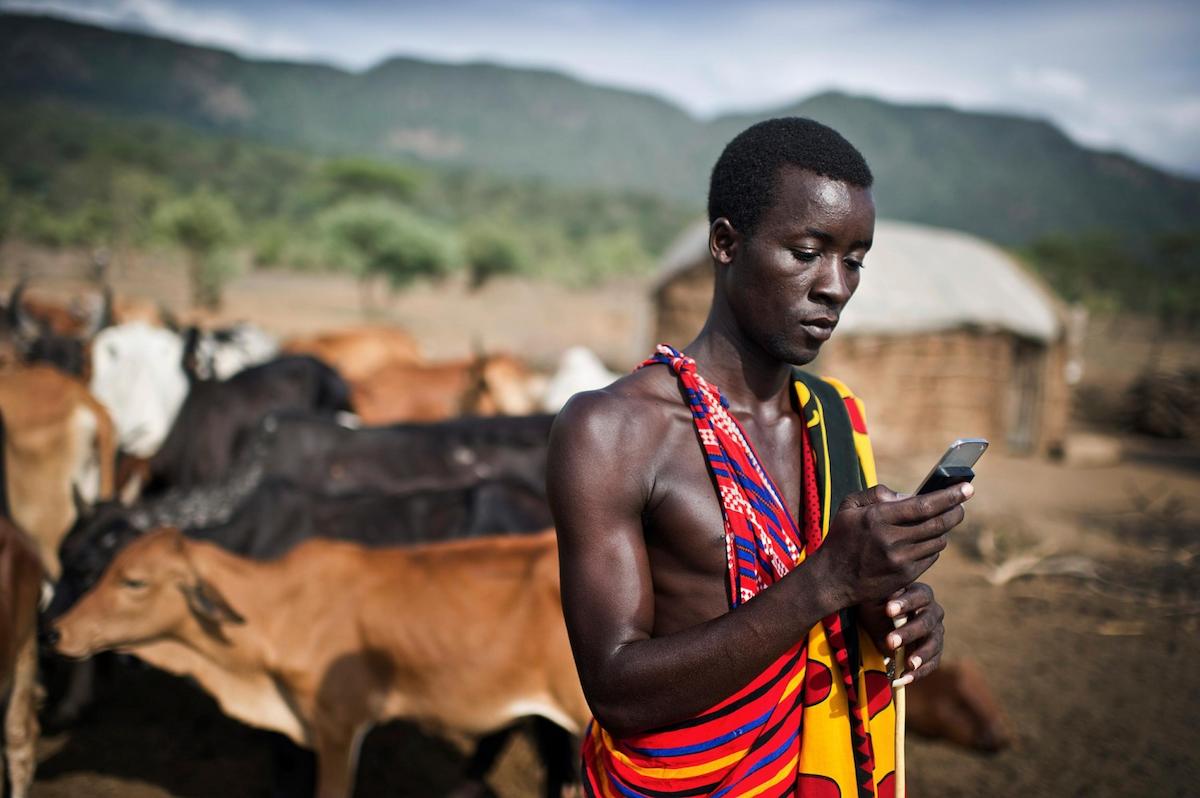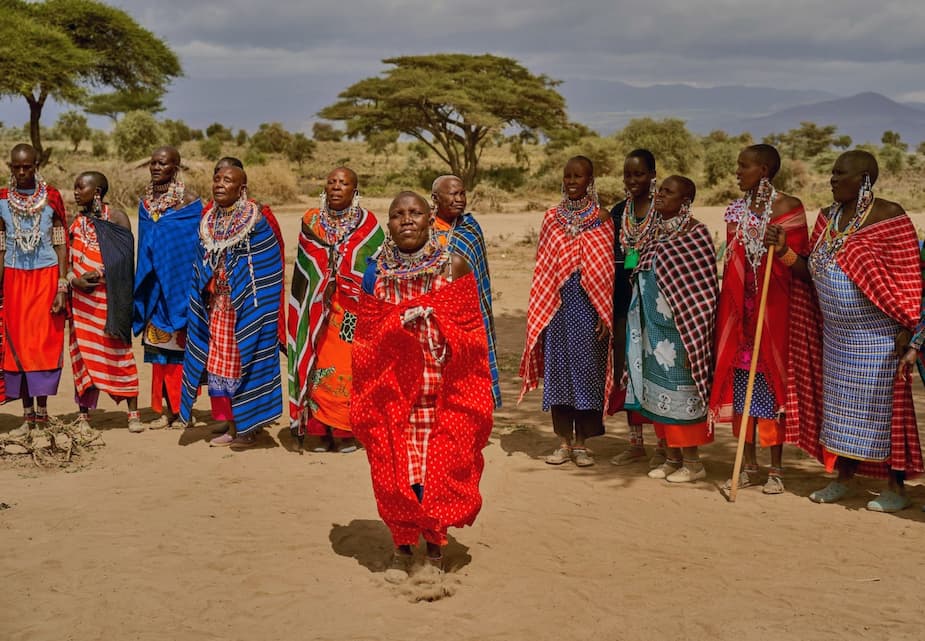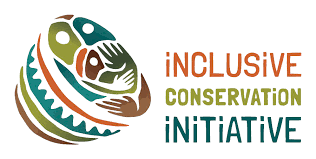Nearly half of Africa’s land is cared for by pastoralists.
Across nearly half of Africa’s land mass, more than a quarter billion pastoralists engage in strategic mobility across multiple and diverse landscapes in order to access transboundary natural resources.
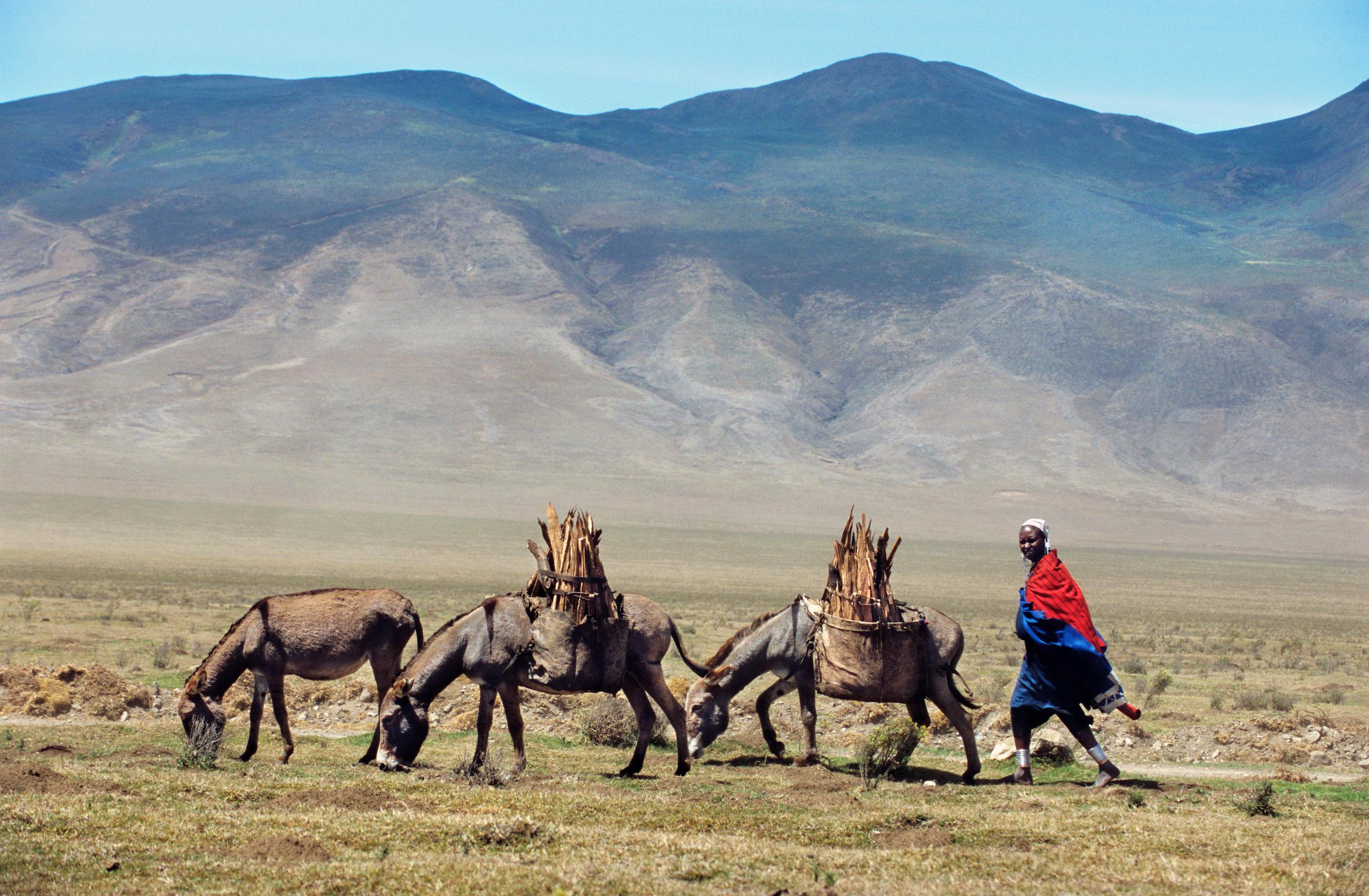
It is the primary livelihood in East Africa’s arid and semi-arid lands, which make up more than 83 percent of Kenya alone, while pastoralist communities are spread across 80 percent of Uganda and Tanzania.
The rangelands managed under pastoralist systems are biodiversity hotspots and home to the region’s greatest populations of wildlife. The Great Migration sees millions of wildebeest, zebra, antelopes and other herd animals, along with lions, leopards, hippos, giraffes, cheetahs, and baboons that all make their thousand-mile annual journey across pastoralist-tended lands from the Serengeti in Tanzania to the Maasai Mara in Kenya.
Africa’s globally acclaimed wildlife, and the magnificent landscapes that support it, exist in large part due to pastoralists’ reliance on collectively owned land, supporting seasonal movements of livestock and allowing for environmental regeneration. By drawing on their Indigenous knowledge systems, pastoralist communities are extremely resilient in the face of droughts and other extreme climate impacts. Moreover, pastoralist women play vital roles in livestock production and care for people and nature, despite facing enormous gender inequities in property rights and decision-making.
“It will be a great and joyous achievement to have my title. I will have the right to do everything on it as the owner. My land is my lifeline.”Noormeshuki Lekisaika, Maasai member of the Maji Moto Group Ranch
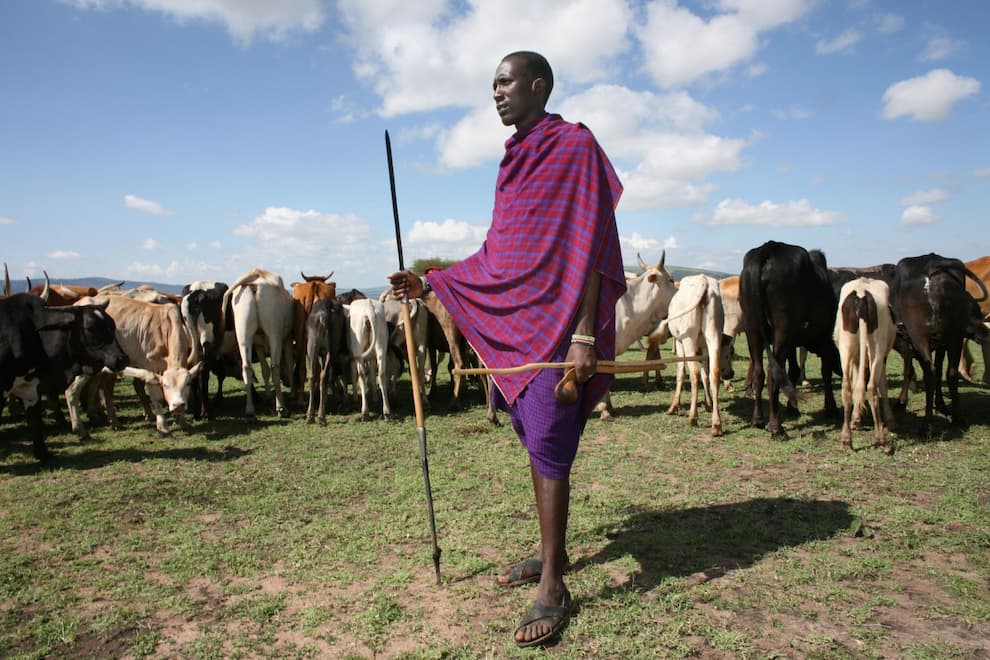
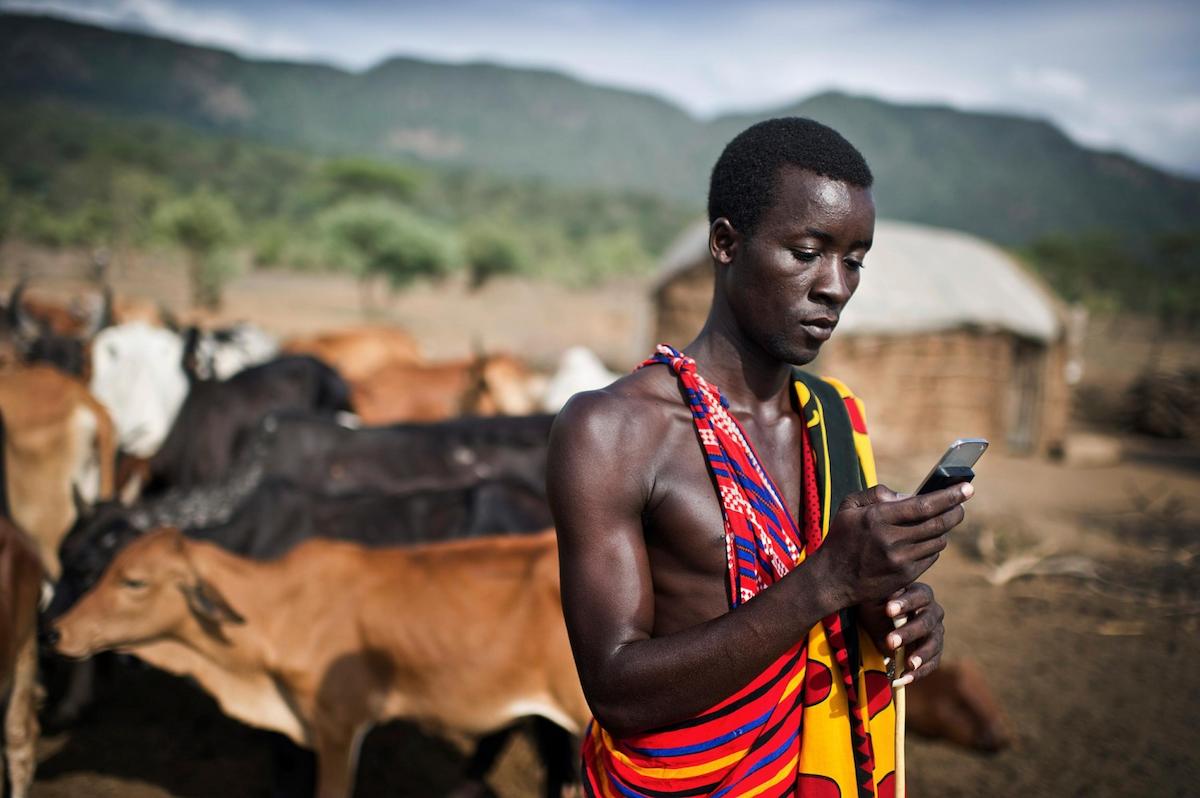
Pastoralism also contributes greatly to food sovereignty and local livelihoods, providing much of East Africa’s meat and milk. In Kenya alone, arid and semi-arid lands are home to 70 percent of the country’s livestock, accounting for one-third of the country’s total agricultural production.
Regional research agencies have shown one of the best ways to prevent famine in dryland regions is to ensure pastoralist communities have access to critical dry-season grazing and watering areas.
“For more than 100 years, the Maasai were a superpower in East Africa, with a government, a court system, and a powerful military,” says Kimaren Riamit, who heads up Indigenous Livelihoods Enhancement Partners (ILEPA), one of Home Planet Fund’s partners in Kenya.
But then the Imperial British East Africa Company arrived, and the British crown imposed colonial rule. Shortly thereafter, the British pushed the Maasai south into modern-day Kenya and northern Tanzania – cutting their land in half to make room for their own settlements. The land Maasai pastoralists relied on to graze their animals in the dry season was turned into farmland for colonialists’ crops. Colonialism’s severe impact on pastoralism, culture, land use, and government structures continues to this day.
“You can fragment and privatize the land, but you cannot fragment clouds.”Kimaren Riamit, Executive Director, Indigenous Livelihoods Enhancement Partners, Narok, Kenya
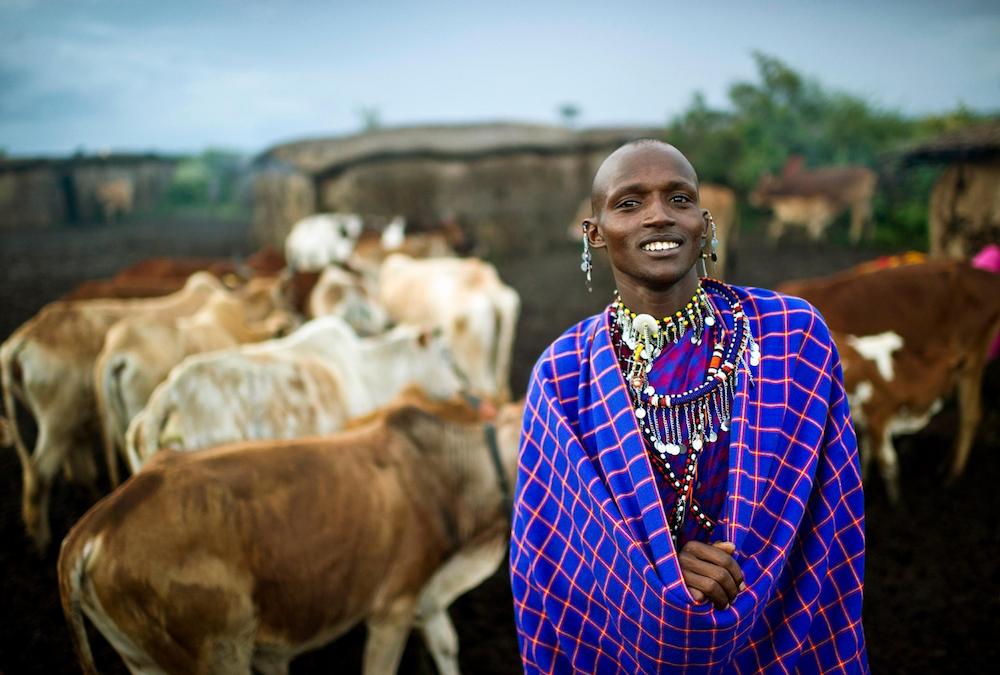
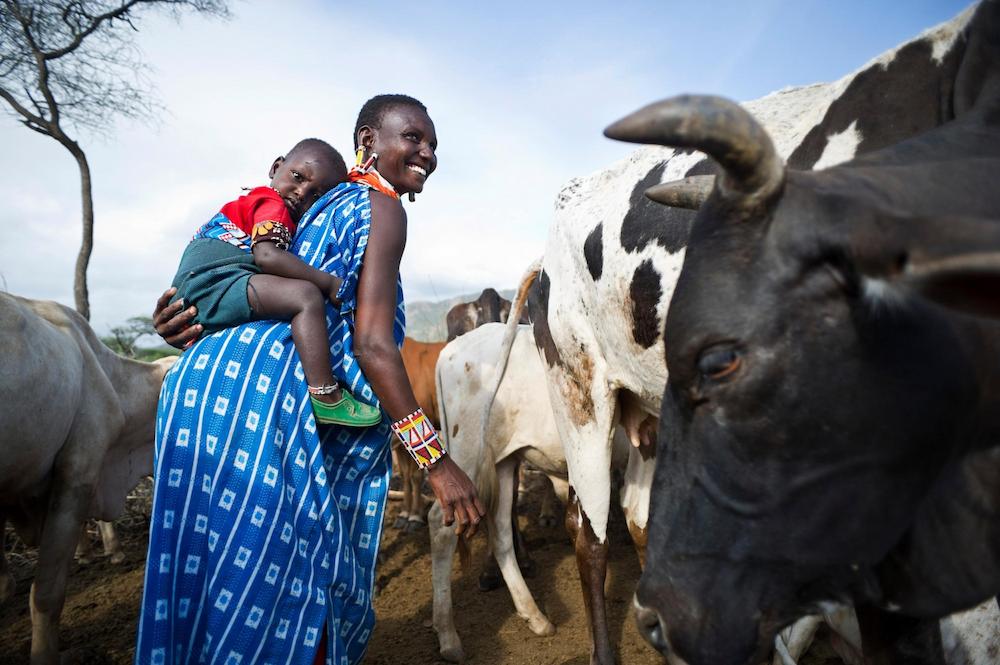
“We are true believers that Home Planet Fund will not only contribute to reducing the trend of the destruction of the Maasai Nation, but will also facilitate the restoration of the Maasai Pastoralists and their environment.”Joseph Ole Simel, Executive Director, Mainyoito Pastoralists Integrated Development Organization
Despite its proven contributions to biodiversity conservation, rangeland management, supporting local livelihoods, as well as its proven effectiveness in mitigating and adapting to environmental degradation, pastoralism remains poorly understood and under-appreciated by governments. While pastoralist communities in Kenya, Uganda and Tanzania have claims to at least half the land in their countries, they still legally own less than 11 percent.
The only way the full environmental and social benefits of pastoralism can be realized is for these communities – including pastoralist women – to be fully recognized and empowered with their customary territories. The protection and maintenance of open rangelands to allow sufficient and sustainable access to grazing and water must continue.
Pastoralism is a true nature-based solution in and of itself. It creates and sustains biodiversity hotspots where it is practiced, and without it these landscapes and the life they support would not exist.
It is the key for carbon sequestration in these regions. The grasslands, wetlands, and rangeland forests managed by pastoralist communities are important carbon sinks, sequestering up to 500 kilograms of carbon per hectare per year.
But ongoing development, commercial agriculture, land fragmentation and degradation are threatening these landscapes.
This is why Home Planet Fund believes supporting and securing the tenure rights of pastoralists, particularly women, is one of the most potent priorities to mitigate the impacts of the environmental and biodiversity crises, as well as supporting widespread adaptation across East Africa.
Home Planet Fund is partnering with the Community Land Rights and Conservation Finance Initiative to fund pastoralist communities fighting to continue their way of life. These communities are represented by: Indigenous Movement for Peace and Conflict Transformation, Indigenous Livelihoods Enhancement Partners, Mainyoto Pastoralists Integrated Development Organization, Resource Conflict Institute, Pastoralists Indigenous Non Governmental Organizations Forum, Ujamaa Community Resource Team, and Dynamic Agro-Pastoralist Development Organization.
This collaboration will support pastoralists’ locally led efforts for biodiversity conservation, climate resilience, and sustainable economic development in East Africa, including:
- Entering pastoralists’ land-ownership claims in writing;
- Spreading awareness of pastoralists’ unique conservation knowledge across Kenya, Uganda, Tanzania, and the wider world;
- Offering technical assistance to pastoralist communities, including for their business plans, veterinary services, and increased opportunities to contribute to the leather goods industry;
- Empowering pastoralist women to take active roles in their communities, from promoting and transferring traditional knowledge, to taking care of livestock and land-use planning;
- Securing regional policies and practices in East Africa that will advance pastoralism across national boundaries, giving pastoralists a seat at the table at every level of government.
